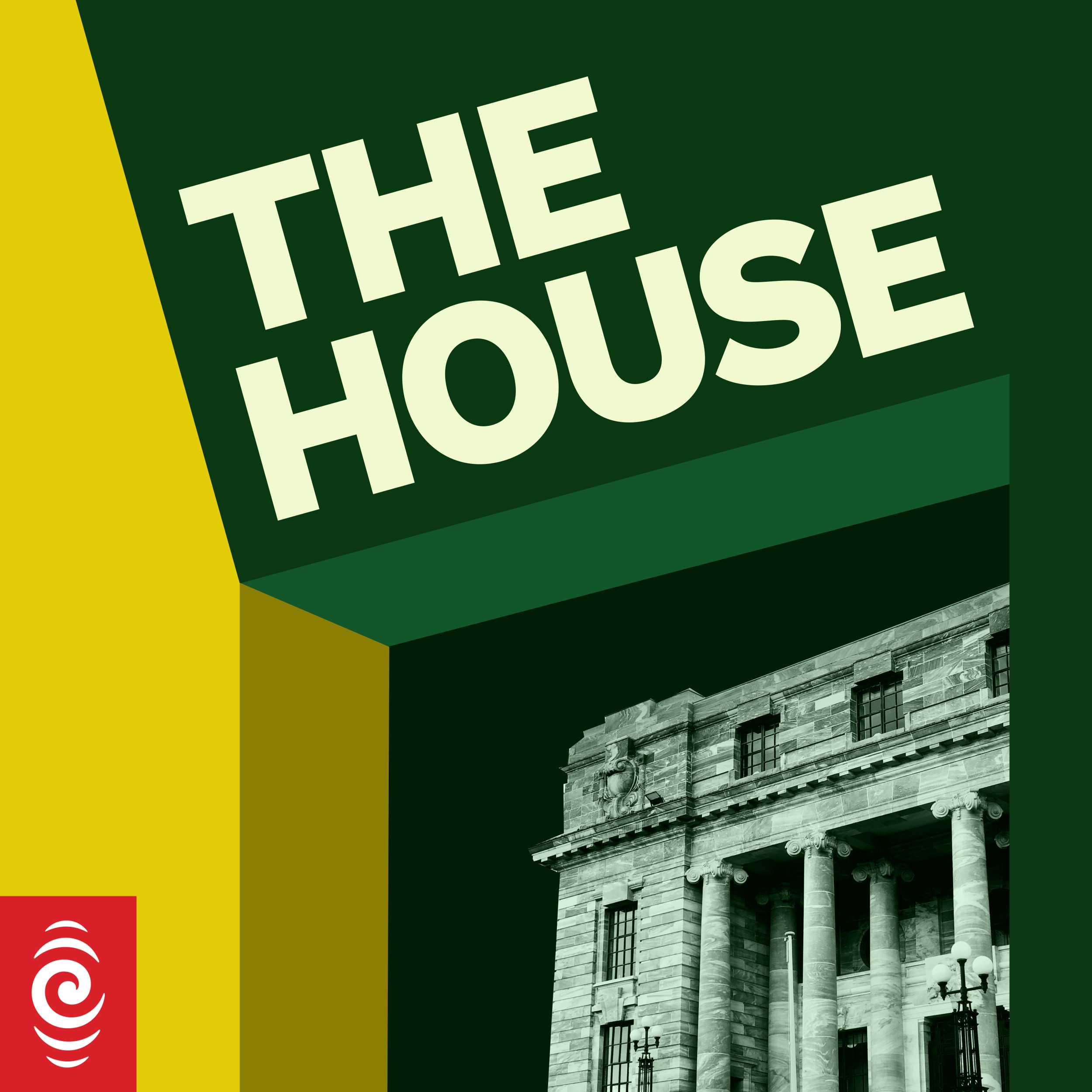

The House hears from two Hansard editors about the unique work of the team whose reports become part of Parliament's official record and can be seen by anyone.
Did you ever wonder who has the job of recording everything that's said in Parliament - all the great speeches, the bombastic drivel, repetitive questions, petty interjections.
They're called the Hansard team - Hansard being the traditional name of the transcripts of parliamentary debates in various Commonwealth countries including New Zealand. It's more than just transcribing what is said in the chamber.
Hansard are responsible for publishing the official record of parliament on the website and publishing the book of Hansard volumes for the public to see. They also transcribe select committees, reports from hearings on budget estimates and annual reviews, as well as some press conferences, and among other stuff they help out where they can with other offices of the Clerk.
Increasingly, the Hansard team has become a vital conduit for engaging the public with what's going on in parliament, for example the debate summaries they've produced in recent years. Hansard do the hard work so that we don't have to. Listening to and noting everything requires a good degree of concentration.
"By and large it has a nice rhythm to it, and it's interesting," Hansard editor Andrea O'Brien says.
"You get to hear a lot of information about legislation that's going through that you might not come access otherwise, and generally what's happening."
It's a job where you get a good handle on the pressing issues of the day, because you're hearing them being fleshed out in detail.
"Even down to the detailed legal arguments, particularly in the Committee of the whole House where small clauses in bills will be changed, or even healing members at the second reading discuss why the select committee that the legislation went to decided to change it."
Each sitting day, a team of three from the Hansard team take turns to go into the chamber for an hour at a time to monitor what's going on. In there they must be kind of invisible: like immovable rocks despite the dynamic elements around them.
It takes a certain skill to concentrate on who said what and where the process is at while remaining impervious to the vigorous theatre of Question Time that you're in the middle of.
"It can be quite funny, there can be quite a lot of humour involved," explains Luke Harris, another Hansard editor…